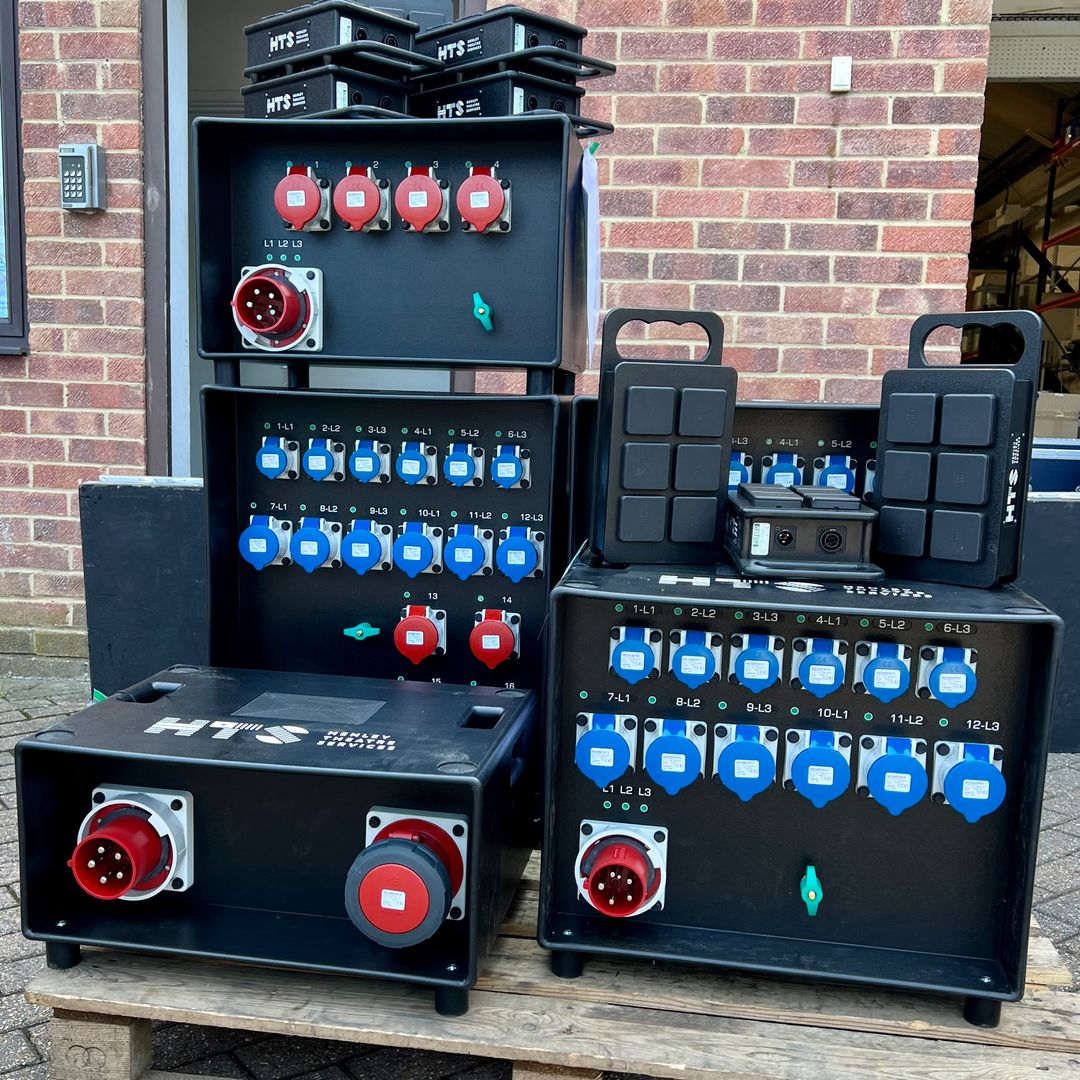A guide to calculating your event power requirement

A guide to calculating your event power requirement
Calculating your event power is a critical aspect of your event. With so many services relying on it, get it wrong and you could be facing a rather embarrassing time.
Imagine your stage sound systems cutting out mid-performance and your stage being thrown into complete darkness; traders losing access to their POS systems, and your production team unable to communicate as the WiFi network goes down.
It’s not just your guests' experience (who may have paid a lot of money for their tickets) and traders’ disgruntlement (who could be losing sales) to consider.
There is also the aspect of safety to think about. Sites in complete darkness, inflatables suddenly collapsing, it’s not a great situation to be in and should be avoided at all cost.
Power really is the backbone of every event that has electrical equipment on site. So it’s critical that you get your power supply right. A specialist event power company is your best bet, and it’s important not to try and scrimp here.
But if you really feel you want to manage the event power yourself then here is a guide to calculating your event power requirements.
1. Identify the equipment
- Make a list of all the electrical equipment that will be used during the event. This may include sound systems, lighting fixtures, projectors, computers, refrigeration units, cooking appliances, etc. Note down the power rating (in watts or kilowatts) of each device. You can find this information on the equipment labels or in the product manuals.
- Ask traders what power consumption they require so that you can factor these all in.
2. Calculate the energy consumption
- Multiply the power rating of each device by the operating hours in minutes. This will give you the energy consumption in watt-minutes or kilowatt-minutes (W-min or kW-min).
- Energy Consumption (W-min) = Power Rating (W) × Operating Hours (min)
- Sum up the energy consumption: Add up the energy consumption of all the devices to get the total energy requirement for the event.
- Convert to kilowatt-hours: Since event power requirements are typically expressed in kilowatt-hours (kWh), you'll need to convert the total energy consumption from step 4 into kWh. Divide the total energy consumption by 60 to convert from minutes to hours.
- Total Energy Consumption (kWh) = Total Energy Consumption (W-min) / 60
3. Consider contingency and additional factors
- The simplest way to do this is to find the number of appliances and multiply their amperage or wattage. For instance 10x cookers, each drawing 10A will require a supply no less then 100A at peak load.
4. Determine power source availability
- Evaluate the power sources available at the event venue. Check the electrical infrastructure and consult with the venue management or an electrician to determine the available power capacity, outlet types, and any restrictions or regulations that may apply.
5. Consult an electrician or power supply expert
- Given the complexity of event power requirements and the importance of safety, it's recommended to consult with a qualified electrician or a power supply expert.
- We recommend you look for NICEIC and HAS accreditation when you select a partner..
- They can help you verify your calculations, assess the venue's power infrastructure, and provide guidance on meeting the event's specific power needs.
Conclusion
We really recommend leaving event power to the experts because of the huge importance it can play to the success or failure of your event.
It only takes a single outage for your guests to complain, or for your traders to abandon you for future events. The consequences are significant.
Remember, it's also crucial to prioritize safety and compliance with electrical regulations when dealing with event power requirements.
Seeking professional advice will ensure a reliable and secure power supply for your event.
If you’d like advice with your event power you can speak to Henley Theatre Services and we’d be happy to help.
Tel: 01491 412347
About the Author
Joe Morris, Director of Henley Theatre Services runs the events side of the business, designing and creating some of the largest outdoor productions in the UK.

